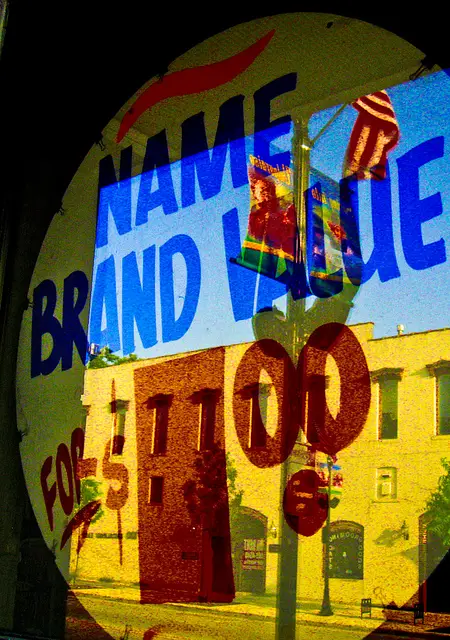 Everybody loves a bargain. There are few better feelings in life than getting a sweet deal on something, and some people make it look like an art form. Some people just seem to get these good deals all the time. And when somebody else sees what a great find their friend has made, the chances are that they will want a piece of the action too. The trick is in mastering the art of deal hunting.
Everybody loves a bargain. There are few better feelings in life than getting a sweet deal on something, and some people make it look like an art form. Some people just seem to get these good deals all the time. And when somebody else sees what a great find their friend has made, the chances are that they will want a piece of the action too. The trick is in mastering the art of deal hunting.
Navigating the Retail Minefield
With so many different sites out there and an incredible minefield of jargon to navigate, it can be difficult to know exactly what is what, and how the transaction will actually turn out after consulting the small print. Loads of people claim to have found new ways to save money, but just because something works for one person doesn’t necessarily mean it will work for everyone else.
As with most things in life, there are both good and bad reasons for trying to maximize saving opportunities through coupons and vouchers.
Of course, the benefits are obvious to most people. That is: the chance to save money while also getting a product or service that was a likely purchase anyway.
The Key to Using Coupons
On the other hand, people often use coupons or pull the trigger on special offers even though they don’t make the best financial sense. This is usually because they only focus on the “deal” at hand, while failing to consider the actual need for the product.
Then there are coupons that offer a generous deal on a product — but only if multiple units are bought in the same transaction. The trick is in determining whether or not you’ll go through the product far quicker than usual. Likewise, if the product is for something like, say, candy, and the subsequent consumption rate is higher only because more is available, then no real savings have actually been achieved either.
Another mistake shoppers make when deal hunting is failing to consider how long it actually takes to qualify for the savings. For example, if someone spends 20 hours a week collecting and compiling coupons — and yet the savings aren’t worth the time invested — it may not be worth the effort. In some instances, it may be more beneficial to focusing your time and attention elsewhere.
Avoiding “Deals” That Are Really Aren’t
This means that it is important to try to find truly genuine deals that will leave the buyer better off — not just give the impression that they will. For those who struggle with deal hunting, having access to a deal finder or even a “free stuff” finder can make it easier to determine whether your purchase will ultimately turn out to be worth the investment.
In fact, many case studies on couponing and seeking deals exist on the Internet. And those studies can provide a useful resource for any bargain-seekers who want to avoid taking “deals” that sound better than they really are.
Spending money and staying vigilant in the hunt for the best offers is an easy habit to get into, but impulsive urges can also make it difficult to control spending.
Nobody likes to pay more than they have to for something, but it’s just as important to know when something is too good to be true. Often, it is.
There are definitely good deals out there. The trick is in making sure the savings are truly worth it.
Photo Credit: Steve A Johnson

good points
I bargain as much as possible. One trick I do is I try to decline the offer or price and leave then the seller would call out on me to agree on my price. Voila, I’ll get the price I want.
Yep … the one who is willing to walk away from the deal always has the advantage in any negotiation, Jayson.
Some things we’ll buy anyway. Like toilet paper, shampoo and toothpaste. I scope out deals for those items and stockpile. My kids still don’t “get it”. But it’s enabled us to keep our out-of-pocket costs down over time, which in turn helps our savings rate. Since I buy food and personal care items with cash, the difference between their “swipe the card as you need it” and the loss leader method is really tangible.
I’m stocked up on the TP, shampoo and toothpaste too, Olivia. The latter two items courtesy of the hotels I stay at during my business trips, and my dentist who gives each member of my family a small tube of toothpaste with every check-up –that’s eight tubes per year!
What? You mean I can’t get an $800 dollar camera for just $49 on Deal Dash.com?
For many things prices are pretty rigid in an accepted range but another point is the value of relationships and a person’s buying history. My long term relationship with some suppliers means an immediate price reduction off retail…..for tools and lumber. This is considerable over the year. I’ve been retired for 12 years and I still get the same price reductions, and every so often I drop off two dozen assorted for the lunch room. Everybody wins.
If you really want to see something interesting, read the fine print on one of those Deal Dash commercials. It says something to the effect of: Auction winner made 289 bids for the bread machine she won for $67.99, which cost her $150 in fees plus the $67.99 final “price.”